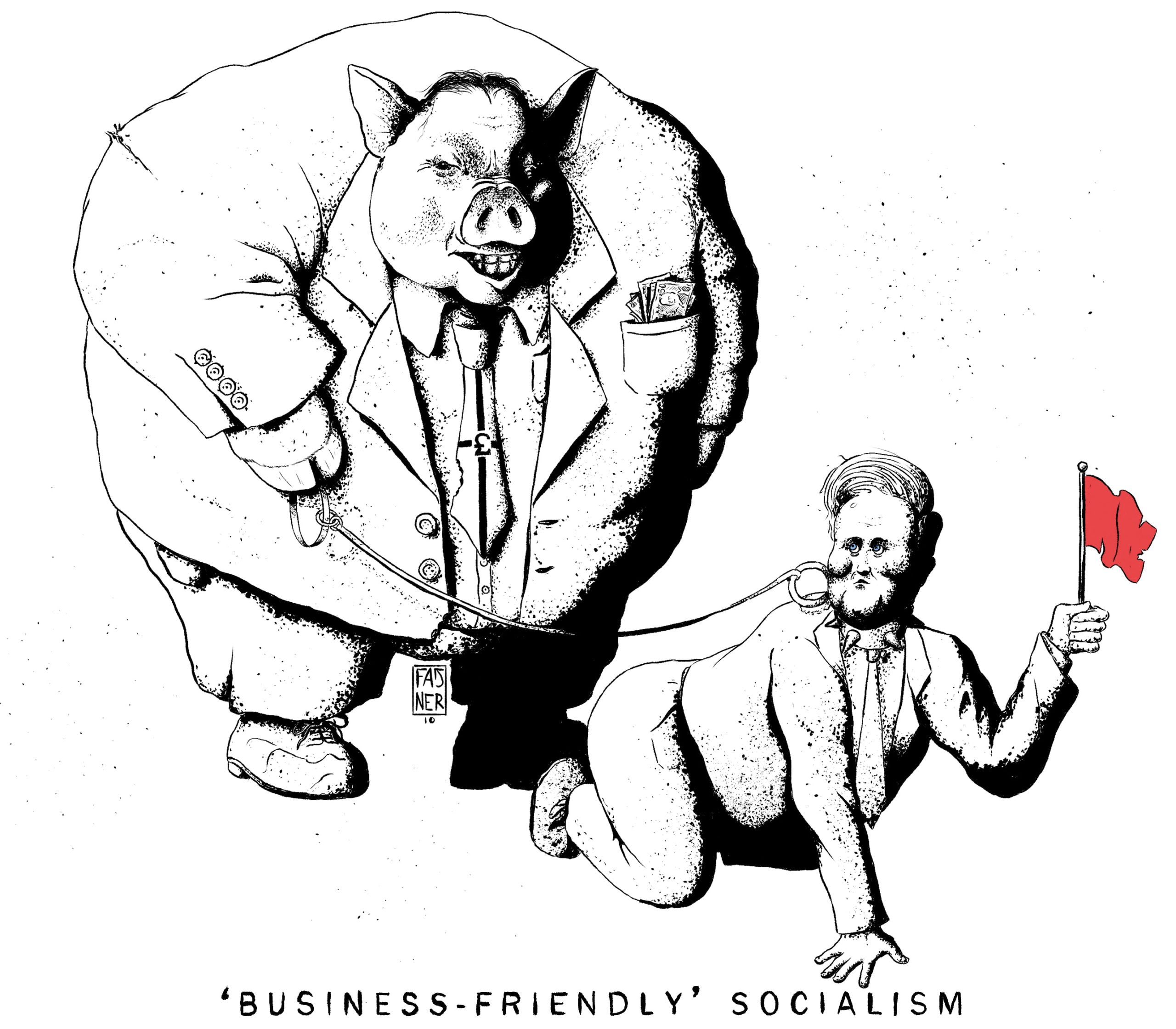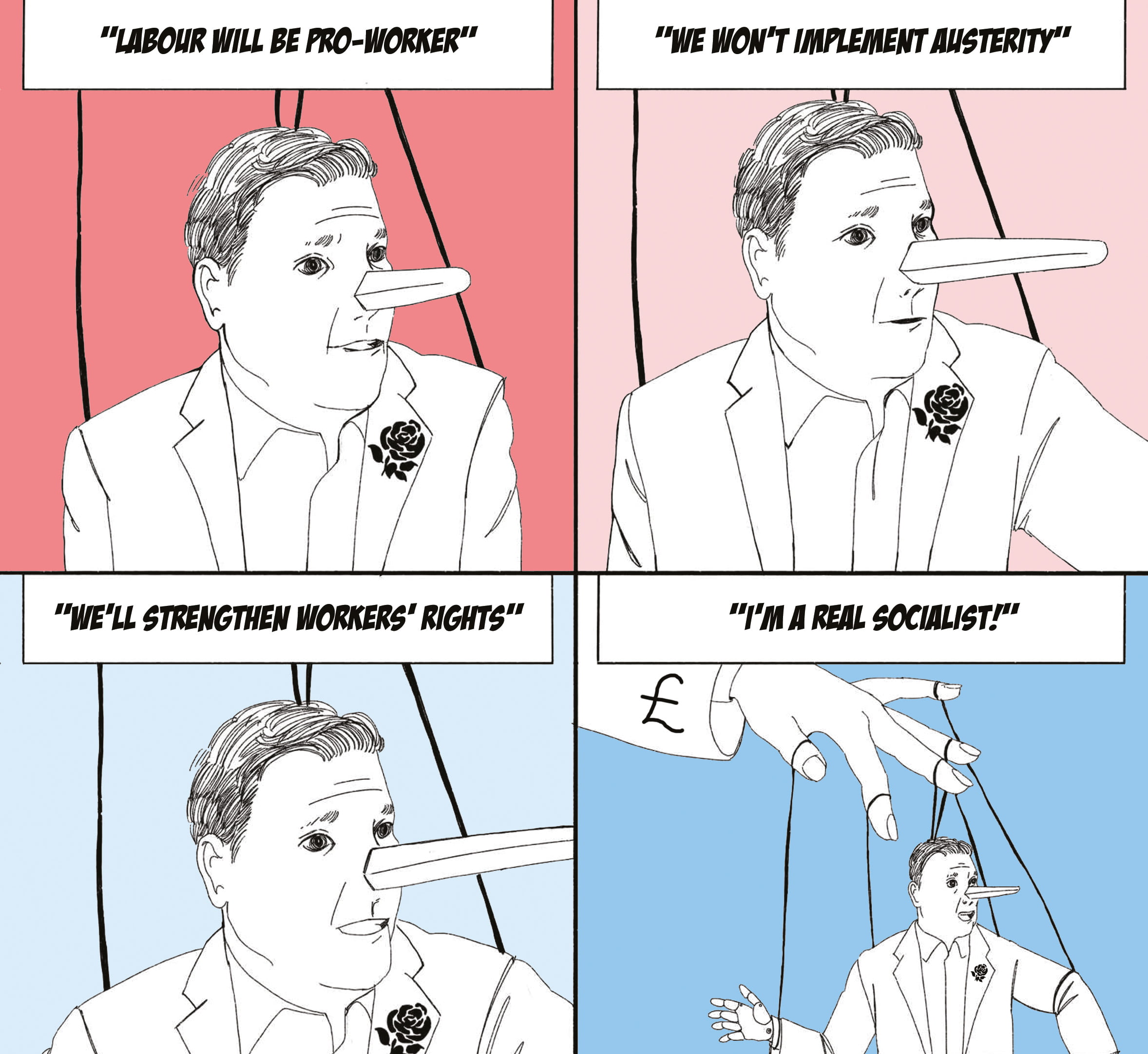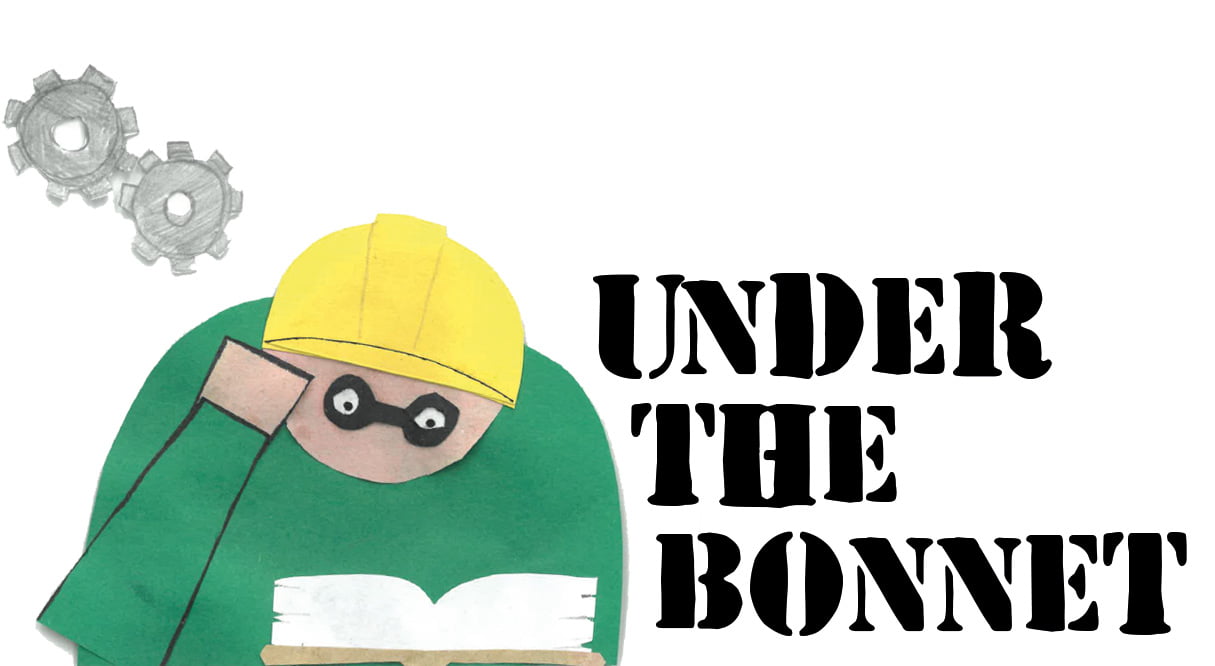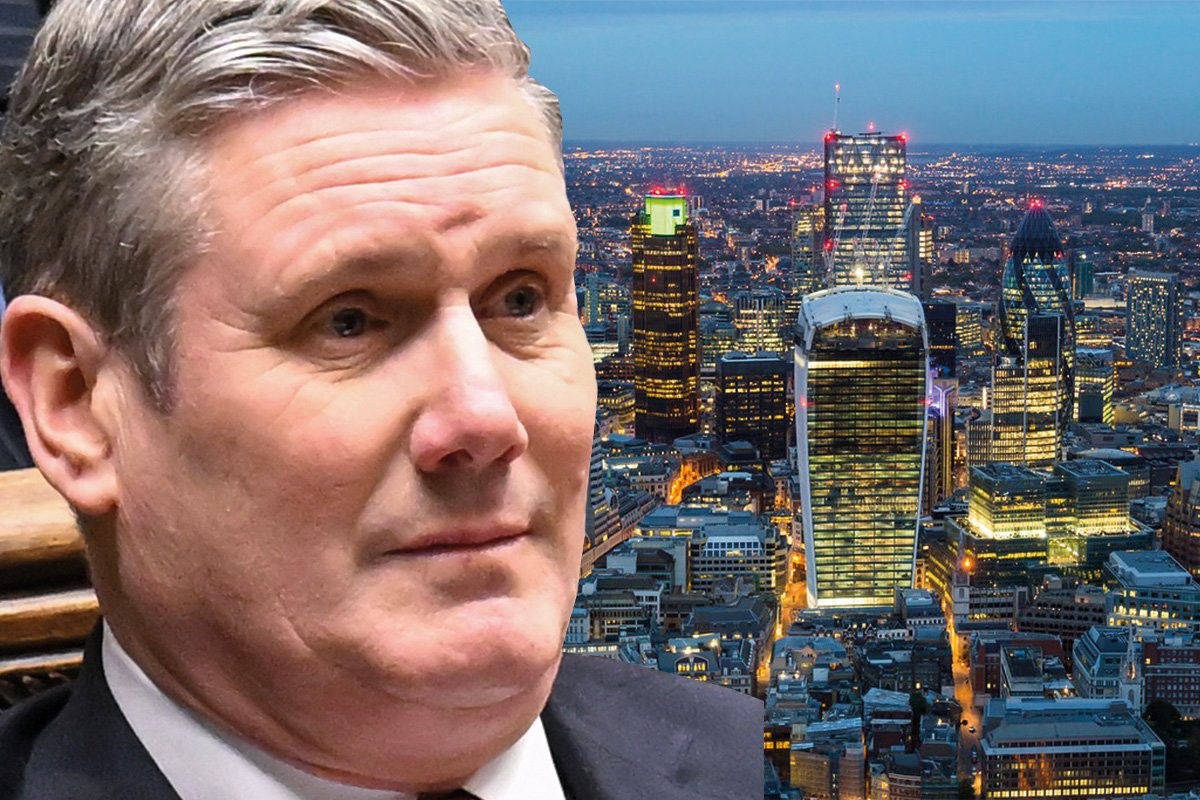“We are the party of business and workers,” states Sir Keir Starmer. But that is simply a cover for his pro-business government.
Rachel Reeves, the new ‘Labour’ chancellor, previously worked for the Bank of England, and also for the banking and insurance company HBOS.
She has made it clear that the new government will ruthlessly stick to Tory spending plans (“fiscal rules”). She is also a vice-chair of Labour Friends of Israeli Genocide.
In practice, there will be no discernible difference between Reeves and her predecessor, Jeremy Hunt. Such is their similarity, that commentators have even dubbed their common austere approach as ‘Heevesian’ economics
Starmer’s government will be a Tory government in all but name. Whatever tinkering Labour attempts at the edges, it will in reality be a government of big business, for big business.
Fat-cat friends
Reeves makes no bones about this. Just as with its previous occupants, Downing Street’s doors will always be open for the bankers and capitalists.
To cement this relationship, Reeves has established a British Infrastructure Council, composed of some of the biggest names in UK finance, to discuss in tandem the government’s economic plans.

“We’re going to take that council into government with us,” the new chancellor explained in an interview at the Financial Times’ offices, overlooking the City of London skyline. “The 10 members of that council will continue to work with us and advise us.”
Notable attendees include chief executives such as Andrea Rossi of M&G, Charlie Nunn of Lloyds Banking Group, and Mike Regnier of Santander, along with senior executives from investment firms CDPQ, IFM Investors, Border to Coast, Pension Insurance Corporation, and BlackRock.
This guestlist of fat-cats tells you everything you need to know about the policies that this Labour government will pursue.
Pulling the strings
Big business will be steering the Starmer government, ensuring that it provides the most favourable economic climate possible for Britain’s bosses and bankers.
The capitalists will have many strings at their disposal for controlling their marionettes in Westminster.

Alongside Reeves’ team of economic advisers, a host of mega-donors are returning to keep the Labour Party’s coffers full, and in turn to curb the influence of the trade unions.
At the same time, big business will have direct access to Labour’s new crop of cretinous, careerist MPs, many of whom have crawled into Parliament from the murky world of lobbying and PR.
According to one estimate, 48 Labour candidates in this election have a background in lobbying – even more than the Tories!
Profits vs wages
“We know things are in a pretty bad state,” said Rachel Reeves. “I’m going to put my energy and political capital into growing the economy.”
This means making crisis-ridden British capitalism more competitive and profitable.
On a capitalist basis, this will inevitably mean reducing wages, since the bosses’ profits come from the unpaid labour of the working class.
In other words, the capitalists will gain an even-greater slice of the pie, at workers’ expense.
With such a mouthwatering prospect in sight, the billionaires and bankers must be rubbing their hands in anticipation.
Collision course
“[Growing the economy] will mean tough choices, difficult decisions, and upsetting some people,” says Reeves. “We’re going to have some of those fights.”
But the working class will not take this lying down.
Starmer’s government is therefore set on a collision course with the aspirations and interests of working people, preparing the conditions for explosive battles in the period ahead.
This pro-business government will feel the full weight and anger that has been brewing in society for the last 14 years and more.
Starmer can say goodbye to any ‘honeymoon’ period. Class struggle will be on the order of the day.
Under the bonnet: Turning on the growth tap?

Workers, rejoice! After decades of faulty economic plumbing, Labour have announced they’ll turn the growth tap back on when they’re in power.
Finally, some good news! So why are those misers at The Communist shaking their heads?
In short, because growth can’t just be turned on and off under capitalism.
Economic growth means expansion of production. The driving force for this, under capitalism, is the profit motive.
When the capitalists make profit (by exploiting workers), they plough some of this back into their businesses: replacing obsolete machines; investing in bigger factories; training staff, and so on.
This allows individual capitalists to undercut their competitors and make super-profits – for a short time. Unfortunately, their rivals are all trying to do the same thing. The result is a glut of goods being produced.
As discussed in previous issues of The Communist, the market cannot absorb all these commodities, since workers produce more value than they themselves are paid in wages.
A crisis of overproduction emerges. Avenues for profitable investment dry up, so the capitalists stop investing. After all, there’s no point in them spending money on expanding production if they can’t sell what they’re already producing.
If the capitalists aren’t making a profit, then no amount of government pleading or state handouts will entice them to invest. As the saying goes: you can lead a horse to water, but you can’t make it drink.
Instead, the capitalists will tend to speculate on the stock market, or just hoard their money until more profitable opportunities come along.
Either way, fine words from Labour won’t unstick this tap!
Subscribe to The Communist for future instalments of our ‘under the bonnet’ series, where we explain how capitalism works – and how it doesn’t!
Got a question about the capitalist system? Want to understand the economy and exploitation? Submit a question to us by selecting ‘under the bonnet’ at communist.red/write!






